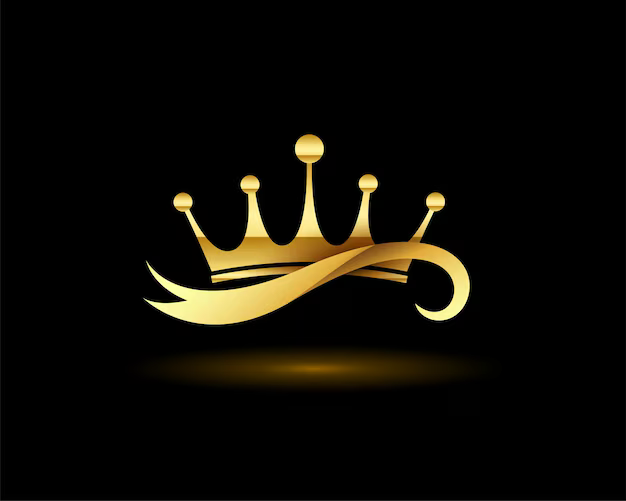Lorem ipsum
Lorem ipsum dolor sit amet consectetur. Morbi urna id cursus enim placerat est ultrices ornare duis. Molestie eget maecenas gravida aliquam nunc nibh suscipit risus nisi.
Describe It. Watch it come to life

Subscription
Get Pro

Just a moment while we work our magic



Create Consistent assets for you and your team. Airbush makes it easier than ever to create, edit, and share Image, art, and Illustration.
Register your account to get started
Choose one of the available user cases to generate your image
Provide description of the type of the image you want to generate
You can click on the download button to download it to your device for further use

Choose the plan as per your requirements
Transform your ideas into beautiful static designs using our AI-powered platform. Create stunning visuals for social media, marketing materials, and more in seconds.
Get quick solutions to popular questions in our FAQ,
giving you essential info at a glance.

Embark on an inspiring journey into the artistic future with AirBrush! Discover how easy it is to bring your creative visions to life in just 4 simple steps—where innovation meets imagination.
Get Started NowStep 1

Register your account to get started
Step 3

Provide description of the type of the image you want to generate
Step 2

Choose one of the available use-cases to generate your image
Step 4

Download the images to your device for further use